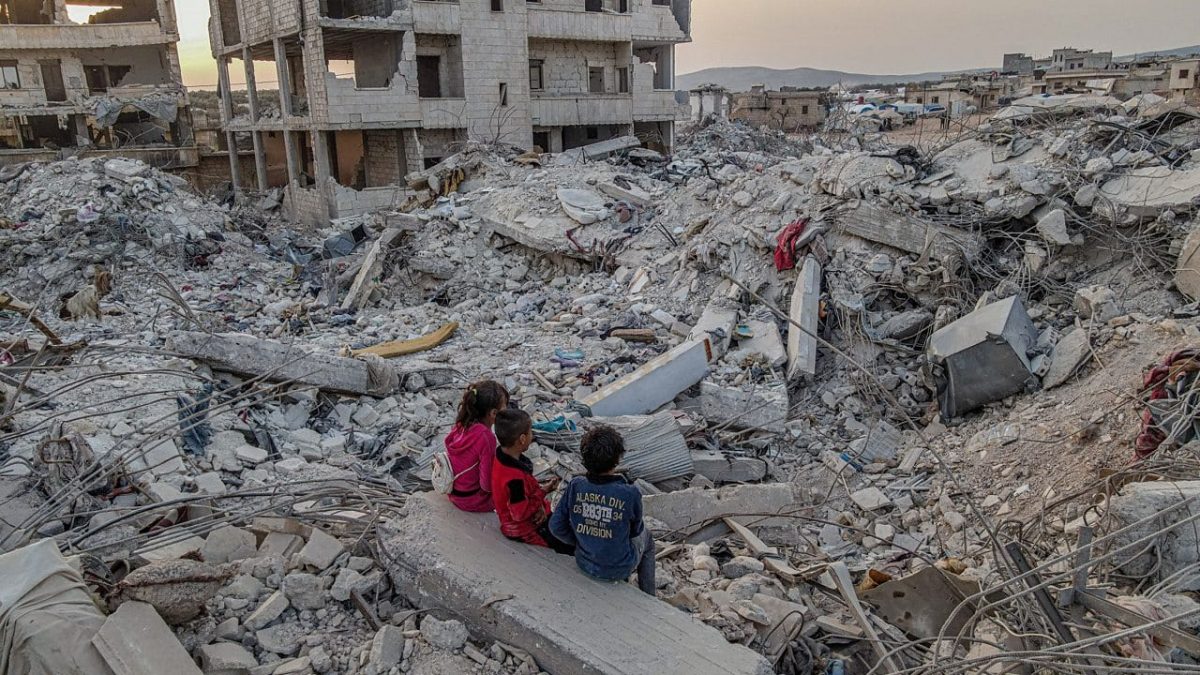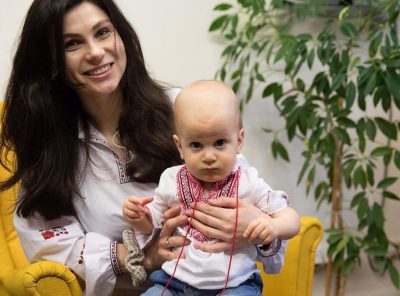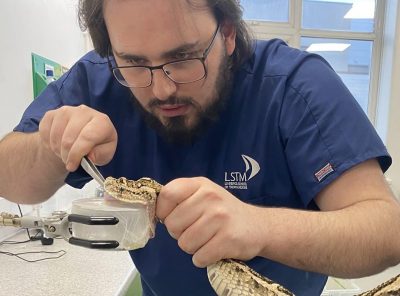Coping with earthquake trauma
It is impossible to imagine how someone can cope with earthquake trauma, although in Phuket we still have memories of the 2004 Tsunami.
This program is available on the Health Check Page and is available NOW On-Demand until Wednesday the 15th of March. It will also be broadcast on Sunday the 12th of March in Phuket at 8:00 AM on 91.5 FM and 102.5 FM and Online via the Internet radio portals.
A month on from the devastating earthquakes in Turkey and Syria, we assess what kind of impact the disaster may have had on mental health.
We hear from Professor Metin Basoglu, an expert in earthquake trauma and director of the Istanbul Centre for Behavioural Sciences.
Is earthquake trauma unique?
He explains how it is a unique kind of earthquake trauma rooted in fear and compounded by the uncontrollable nature of earthquakes and the thousands of aftershocks that come following the initial disaster.
Prof Basoglu tells us about the psychological treatment he developed based on his research with 10,000 survivors of the 1999 earthquake in Turkey and how an earthquake simulator can be used to tackle trauma symptoms.
Tsetse flies
We hear from researchers in the US and Kenya about a new discovery that has ended 100 years of searching for an airborne chemical that could hold the key to the way tsetse flies to mate – and help to tackle the diseases they spread in humans.
Our guest in the studio is family doctor Ann Robinson who has the latest research on global health.
Could socialising more often be linked to a longer life?
And why might half of the world’s population be obese by 2035?
We’ll explore all this and more.
Presenter: Claudia Hammond Producer: Gerry Holt
Image: Survivors of the earthquake in the city of Jenderes in the countryside of Aleppo, north-western Syria. Credit: NurPhoto / Contributor






